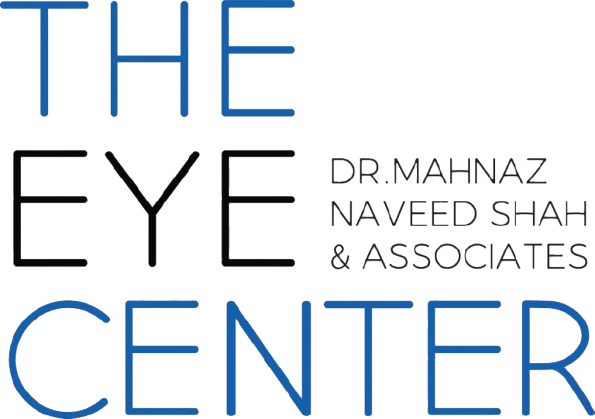What Causes Glaucoma?
Glaucoma is a progressive eye condition that damages the optic nerve, often due to increased intraocular pressure (IOP). If left untreated, it can lead to permanent vision loss. Understanding what causes glaucoma can help in early detection and prevention. The primary cause of glaucoma is elevated eye pressure, which occurs when fluid buildup in the […]
Best Doctor for Glaucoma Diagnosis in Karachi
Early detection of glaucoma is essential to prevent vision loss, as the disease often progresses without noticeable symptoms. If you are looking for the best doctor for glaucoma diagnosis in Karachi, The Eye Center – Dr. Mahnaz Naveed Shah & Associates offers cutting-edge diagnostic services to assess and manage glaucoma effectively. At The Eye Center, […]
Is Cataract Surgery Painful?
Modern cataract surgery, utilizing local anesthesia and advanced techniques, is generally a painless experience for most individuals. The administration of numbing eye drops or a mild sedative during the procedure ensures patient comfort and relaxation. While some patients may perceive slight pressure or movement within the eye, the occurrence of pain is rare. Postoperatively, minor […]
What is Myopia or Near Sightedness?
photo credit Encylopaedia Brittanica Myopia is a condition in which people are able to see near objects clearly but the distance objects appear blurry What are the causes and Risk factors for Myopia? Myopia occurs when the eye ball is longer than normal in length or the cornea (outer transparent portion of the eye) is […]
FAQ’s on Cataract Surgery
Cataract surgery is a quick, safe, painless procedure in which the cloudy lens causing vision disturbance is removed and replaced with an artificial intraocular lens implant. Frequently asked questions regarding cataract surgery What is the best time to get a cataract surgery? When you notice that even with prescription glasses the blurry vision is hindering […]
Glaucoma Surgery Recovery: What to Expect and How We Care for You
At The Eye Center – Dr. Mahnaz Naveed Shah & Associates, Karachi, we understand that recovering from glaucoma surgery can be a source of concern for many patients. Our dedicated team is here to provide compassionate support and guidance throughout your recovery journey, ensuring you have all the information and care you need to heal […]
Comprehensive Glaucoma Care at Eye Center- Dr. Mahnaz Naveed Shah & Associates, Karachi
Managing glaucoma is a lifelong journey that requires advanced treatments, continuous monitoring, and personalized care. At The Eye Center Karachi, we provide comprehensive support from diagnosis to post-operative recovery, ensuring the best outcomes for our patients. Early Diagnosis and Treatment Plans We use advanced diagnostic tools like OCT and visual field testing to detect glaucoma […]
Advanced Glaucoma Procedures: Offering Hope and Vision at The Eye Center, Karachi
Glaucoma is a complicated eye condition that can lead to irreversible vision loss if not treated in time. At The Eye Center Karachi, our specialists are at the forefront of managing glaucoma using cutting-edge technologies and advanced surgical procedures. We understand that each patient requires an individualized approach, especially when conventional treatments fail to control […]
TIPS ON TAKING CARE OF DIABETES AFFECTING THE EYE
DIABETIC RETINOPATHYWith the exponential increase of diabetes in our population, and Pakistan being amongst the top mostnations in Asia being affected, it is very important to educate ourselves with diabetic retinopathy whichis the disease of the eye being affected by diabetes. WHAT IS DIABETIC RETINOPATHYRetina is a structure at the back of the eye which […]
The Best Retina Specialists in Karachi
For teh best retina care in Karachi, visit The Eye Center, is home to some of the city’s best retina specialists. Dr. Shahab Siddiqui renowned for his expertise in retinal detachemts, diabetic retinopathy and macular degeneration, macular holes and other retinal problems offers personalized treatment plans. Dr. Ali Zia, with extensive experience in retinal surgery, […]
